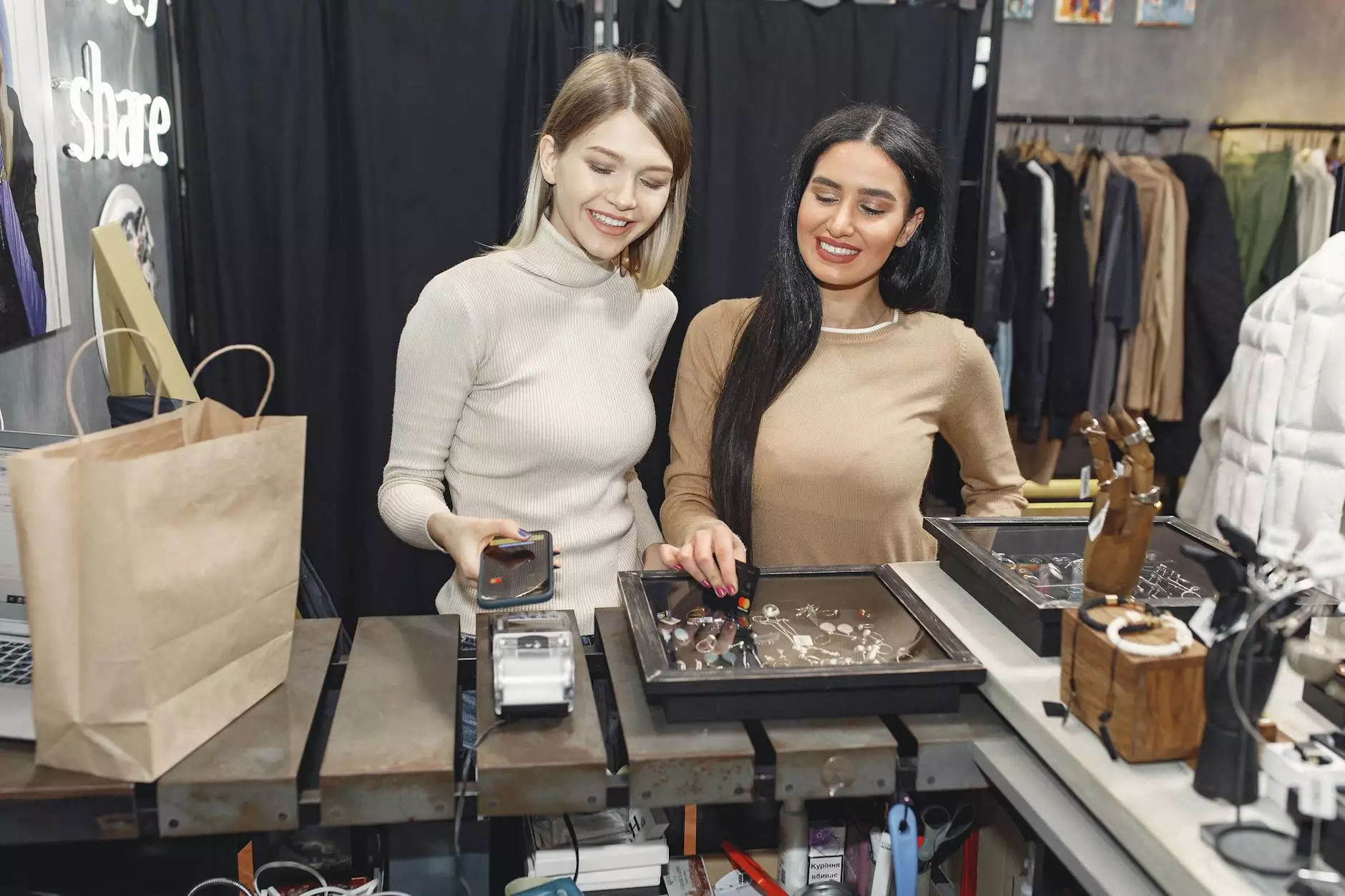The Market for Fake Euros: A Deep Dive

In today's globalized economy, the concept of currency and its implications stretch beyond mere economics. Particularly, the rise of fake euros buy has stirred discussions in various sectors, including department stores, shopping, and fashion. This article explores this topic in depth, shedding light on its various facets.
Understanding Fake Euros: An Overview
Fake euros, or counterfeit euros, refer to imitation currency that appears to be genuine but is not authorized by the European Central Bank or any legitimate finance institution. The term has gained traction as the counterfeit currency market impacts consumers and businesses alike.
The Legality of Counterfeit Currency
Counterfeiting currency is a serious offense in many jurisdictions. While discussions around fake euros buy often center on the financial implications, it is imperative to consider the legal repercussions as well. Engaging in activities that promote or enable the sale of counterfeit currency can lead to significant legal penalties, including fines and imprisonment.
The Impact of Fake Euros on Businesses
Businesses, especially those in the retail sector, are directly affected by counterfeit currency. Understanding this impact is essential for merchants aiming to safeguard their operations.
Challenges Faced by Retailers
- Loss of Revenue: When fake euros are circulated, retailers face a substantial risk of financial loss. Accepting counterfeit notes reduces profit margins significantly.
- Trust Issues: The proliferation of counterfeit currency can lead to customer mistrust. Consumers may hesitate to use cash if they suspect their favorite department store or retailer isn't taking steps to authenticate currency.
- Increased Security Measures: Retailers may have to invest in more advanced payment technologies and training for employees to identify counterfeit bills, creating an additional financial burden.
How to Identify Fake Euros
As a consumer or business owner, recognizing counterfeit currency can help prevent losses and legal issues. Here are some key methods and tips for identifying fake euros:
Physical Features
Each euro note has specific tactile and visual features designed to combat counterfeiting:
- Watermarks: Genuine euro notes will display a portrait watermark visible when held against the light.
- Security Thread: Each note has a security thread that is embedded in the paper, which is visible when held up to the light.
- Color-Shifting Ink: The ink used on the denomination value changes color when viewed from different angles.
Counting Techniques
Additionally, using the method of tactile recognition can assist in determining currency authenticity. Genuine euro notes have a textured feel that faux notes usually lack.
Consumer Awareness and Protection
Consumers play a vital role in combating the spread of fake currency. Here are strategies for consumers to protect themselves:
Utilizing Technology
In today’s tech-savvy world, several applications and tools are available that assist in identifying counterfeit currency. Some of these tools include:
- Mobile Apps: Many apps can scan and check the authenticity of euro bills using your smartphone camera.
- Counterfeit Detection Pens: Special pens can be used to mark bills; if the ink turns a specific color, it's a sign the bill may be fake.
Staying Informed
Being informed about the latest trends and tactics used by counterfeiters can help consumers and businesses prepare. Follow credible news sources and financial publications for updates on counterfeit currency information.
The Role of Law Enforcement in Combatting Counterfeit Currency
Law enforcement agencies play a crucial role in reducing the circulation of fake euros. They utilize various techniques and strategies to tackle this illegal industry.
Collaboration Between Agencies
Local, national, and international law enforcement authorities collaborate to monitor and dismantle counterfeiting operations. Programs such as training for business owners and employees on recognizing counterfeited currency are critical to these efforts.
Community Outreach Programs
Many law enforcement agencies engage in community outreach to educate the public about the dangers of counterfeit currency and how to protect themselves. Workshops and seminars can empower consumers with knowledge.
The Intersection of Fake Euros and Online Shopping
The rise of e-commerce has added a new dimension to the discussion about fake euros. With more people shopping online, the need for digital payment solutions that protect against counterfeiting has increased.
Risks of Buying Fake Euros Online
While some may consider purchasing fake euros for various reasons, the risks far outweigh the benefits. Online purchases of counterfeit currency can lead to:
- Loss of Money: Buyers may never receive their purchase or may receive an inferior product.
- Legal Consequences: Engaging in the market for fake euros can lead to criminal charges.
Safe Payment Methods
For safer online transactions, consumers should be encouraged to use secure payment options and to understand the terms and policies of websites when making purchases. Additionally, it's wise to opt for prepaid cards or encrypted payment methods that provide additional layers of security.
The Future of Currency and the Fight Against Counterfeiting
As technology advances, the fight against counterfeit currency continues to evolve. Here are some trends shaping the future:
Digital Currencies
The emergence of digital currencies may transform how we think about currency altogether. Cryptocurrencies offer potential safeguards against counterfeiting due to their decentralized nature and reliance on blockchain technology.
Advanced Anti-Counterfeiting Technologies
As counterfeiting methods become more sophisticated, so too do the technologies designed to combat them. Innovations such as holograms, 3D printing, and biometric security measures are being implemented to bolster currency security.
Conclusion: Navigating the Context of Fake Euros
Understanding the complexities surrounding the topic of fake euros buy provides valuable insights for consumers and businesses alike. By being aware of the risks, employing strategies for detection, and advocating for legal compliance, individuals can contribute to a healthier economic environment.
The journey of counterfeiting does not end here. Vigilance, education, and proactive measures will be critical in combating this ongoing issue. Retailers, consumers, and law enforcement must work together to ensure that the integrity of currency remains intact in our global economy.









